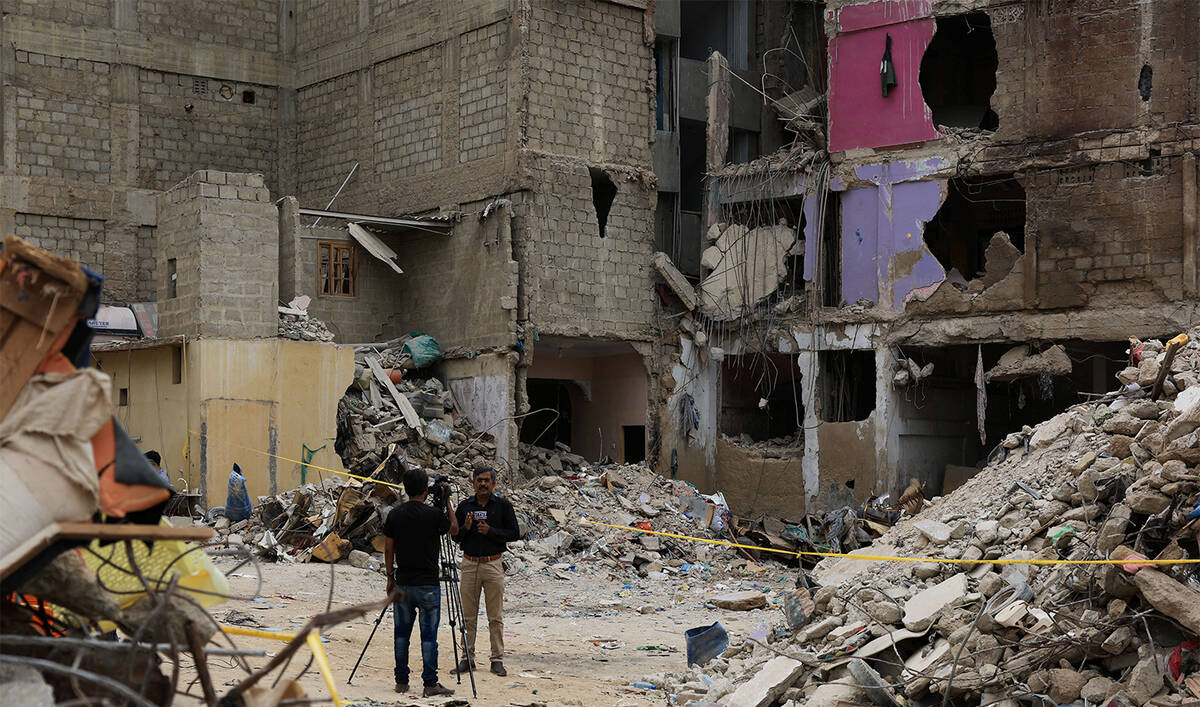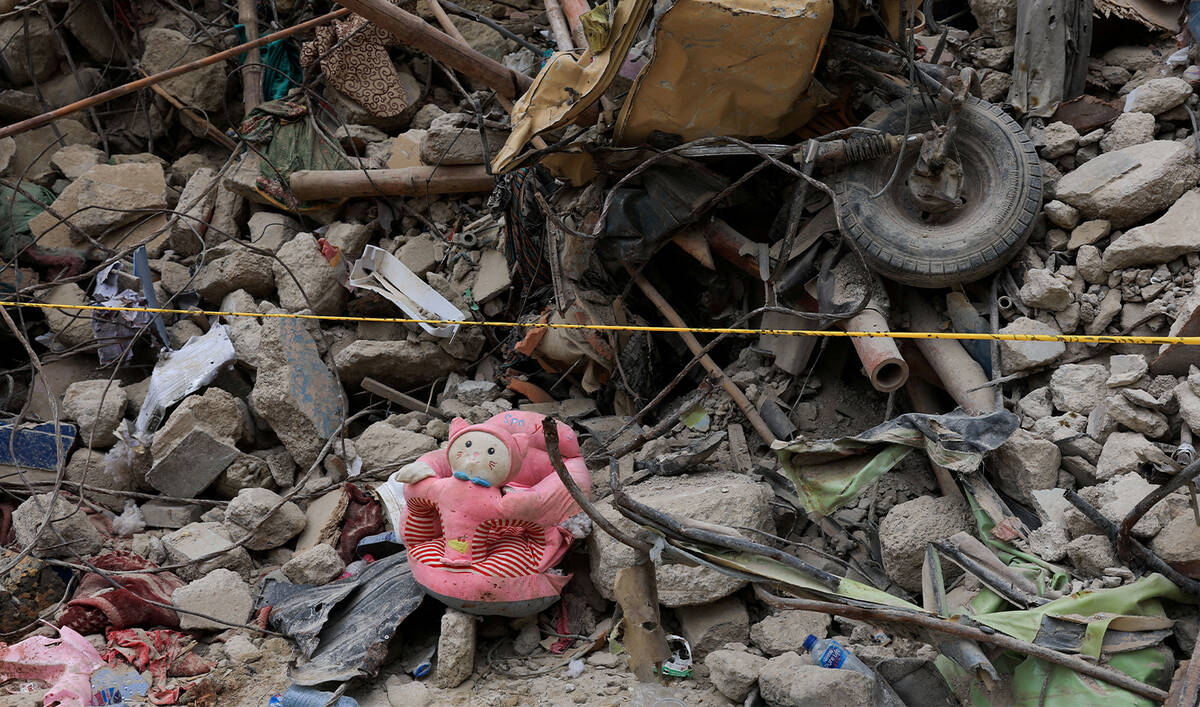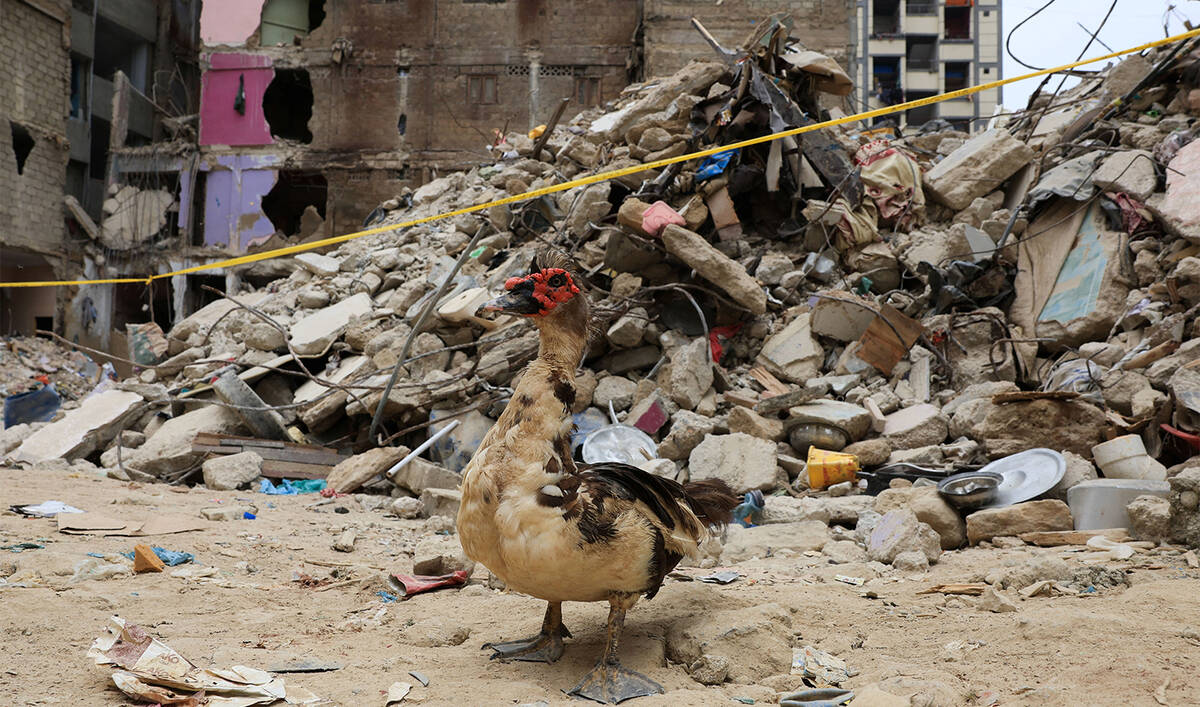KARACHI: The Saudi government and businesses are keen to invest in at least eight sectors in Pakistan, including a mega oil refinery and agriculture projects, but political and economic turmoil in the South Asian nation remain key challenges, a former Pakistani minister currently working with the Saudi Investment Ministry said on Sunday.
Pakistan and Saudi Arabia are longtime allies with deep-rooted cooperation in various fields, including defense, trade and culture.
During a February 2019 trip to Pakistan by Saudi Crown Prince Mohammed Bin Salman, Islamabad and Riyadh signed seven investment agreements worth $21 billion, including for Saudi Arabia to set up a $12 billion Aramco oil refinery and petrochemical complex in the port city of Gwadar.
Though no tangible progress has so far been made on the projects, Muhammad Azfar Ahsan, who has formerly served as Pakistan’s chairman of the Board of Investment (BoI) and is currently working directly with the Saudi Investment Ministry to facilitate investors and promote bilateral relations, said the refinery and other Pakistani investment projects still remained “priority projects” for Saudis.
“Saudis are interested to invest in Pakistan in eight different sectors and their priority project is the refinery of Aramco in Balochistan [province],” Ahsan told Arab News. “This is a minimum $12 billion project and will expand further with the passage of time.”
“They want to engage Pakistan as a food security partner and want to establish an agri-zone in Pakistan and for food security and agriculture projects, Pakistan is the ideal partner.”
The former BoI chief said from his interactions with Saudi officials, it was clear they were “more than interested” to invest in various sectors in Pakistan, including technology, health care, infrastructure and tourism.
“So, they asked us to share the ready projects with the feasibility [plan]... and they will invest,” Ahsan said, adding that Saudi companies and individuals were investing all over the world by buying companies and increasing their shares in them.
“Riyadh is the investment hub of the world and their public investment fund is actually the third largest fund in the world and they are investing in all major countries,” Ahsan said.
“So, Saudi Arabia also wants to invest in Pakistan,” he added. “Like all other countries and investors, Pakistani business houses should explore Riyadh, the opportunities in Riyadh in different sectors of economy ... I believe that with passage of time, with aggressive work and realistic work, they can explore joint venture possibilities.”
Responding to a question about investment climate in Pakistan, Ahsan said social unrest and deepening political turmoil were a challenge.
“The problem is actually from our side because after the departure of the last government, there is political instability in the country and there is an economic meltdown in the country,” he said.
Pakistan and the IMF have been negotiating since early February on an agreement that would release $1.1 billion to the cash-strapped, nuclear-armed country of 220 million people. With $4.6 billion in foreign exchange reserves held by Pakistan’s central bank in the week ending Match 17, enough to cover only about four weeks of necessary imports, Pakistan is desperate for the IMF agreement to disperse a $1.1 billion tranche from a $6.5 billion bailout agreed in 2019.
The IMF wants external financing commitments fulfilled from friendly countries before it releases bailout funds.
“Priorities are different because we are now, as a state, looking for $5-$6 billion from the International Monetary Fund and friendly countries including Saudi Arabia, UAE, and China,” Ahsan said.
Meanwhile, the political and economic situation was troubling for investors, the former minister said.
“Under the current scenario, all existing investors in almost every sector of our economy are in real trouble,” he said, adding that the government’s policies were not favorable for business houses.
The former BoI official said it was important for Pakistan to stabilize its political and economic environment to attract investment from countries such as Saudi Arabia, Qatar and the UAE.
“The problem is that with any government or any investor,” he added, “they desire a stable environment.”


















